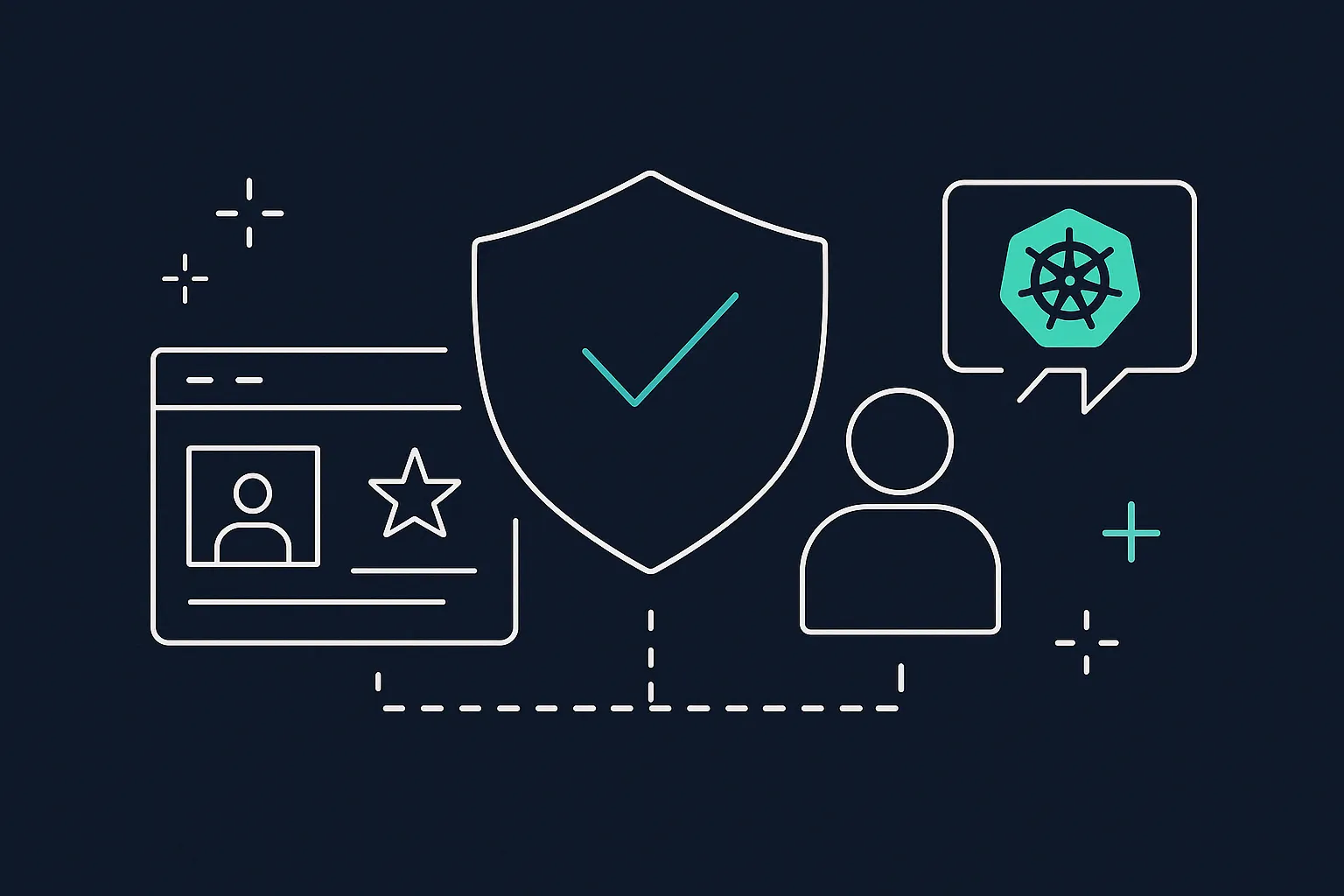Are you a DevOps engineer worried about the security of your Kubernetes applications, or a data protection expert struggling to ensure compliance in a rapidly evolving cloud-native landscape? Or perhaps you’re a COB expert seeking to understand how to safeguard your organization’s critical data in a containerized environment? If so, you’re in the right place, as this article will provide you with actionable insights on leveraging Pod Security Policies to bolster data security in Kubernetes, as well as a comparison of leading data protection solutions like Kasten, CloudCasa, and Portworx.
Kubernetes has become the de facto standard for deploying and managing containerized applications, but its complexity and flexibility can also introduce significant data protection challenges. As we move into 2025, it’s essential to address these gaps and harness the power of Pod Security Policies (PSPs) to enhance data security. In this article, we’ll explore the importance of PSPs, discuss the key features and benefits of various data protection solutions, and provide practical guidance on implementing robust data protection strategies in Kubernetes.
Understanding Pod Security Policies
Pod Security Policies are a crucial component of Kubernetes security, allowing administrators to control the creation and modification of pods based on specific security criteria. PSPs provide a way to define a set of security rules that pods must adhere to, ensuring that they are deployed with the necessary security configurations. By enforcing PSPs, organizations can prevent malicious or unauthorized access to sensitive data, reduce the risk of data breaches, and maintain compliance with regulatory requirements.
To create a PSP, you can use the following YAML configuration:
apiVersion: policy/v1beta1
kind: PodSecurityPolicy
metadata:
name: restricted-psp
spec:
privileged: false
runAsUser:
rule: MustRunAsNonRoot
fsGroup:
rule: MustRunAs
ranges:
- min: 1
max: 65535
seLinux:
rule: RunAsAny
supplementalGroups:
rule: MustRunAs
ranges:
- min: 1
max: 65535
volumes:
- 'configMap'
- 'emptyDir'
- 'projected'
- 'secret'
- 'downwardAPI'
- 'persistentVolumeClaim'
This PSP, named restricted-psp, enforces several security constraints, including:
- Preventing privileged containers from running
- Requiring containers to run as non-root users
- Restricting the use of certain volume types
To apply this PSP, you can use the following command:
kubectl apply -f restricted-psp.yaml
Data Protection Solutions: Kasten, CloudCasa, and Portworx
While PSPs are essential for securing pods, data protection solutions are critical for safeguarding the data stored within those pods. In this section, we’ll compare three leading data protection solutions for Kubernetes: Kasten, CloudCasa, and Portworx.
CloudCasa
CloudCasa, developed by Veeam, is a cloud-native data protection solution designed specifically for Kubernetes environments. Its key features include:
- File-Level Restore for PVCs, allowing users to restore individual files or directories from PVC backups
- Enhanced VM Backup and Restore, supporting selective backup and restoration of VMs
- Improved PVC Management, enabling specific selection of PVCs for backup and restoration
- Self-Hosted Deployment Option, catering to organizations with stringent data sovereignty and security requirements
- Integration with SUSE Rancher Prime, simplifying backup operations within SUSE environments
For example, to restore a PVC using CloudCasa, you can use the following command:
cloudcasa restore pvc --name my-pvc --namespace my-ns --file /path/to/restore
Kasten
Kasten is another popular data protection solution for Kubernetes, offering a range of features, including:
- Application-centric backup and restore, allowing users to protect and restore entire applications
- Granular restore capabilities, enabling users to restore specific data or applications
- Integration with various storage systems, including CSI and non-CSI storage
Portworx
Portworx is a cloud-native storage solution that also offers data protection capabilities, including:
- Persistent storage for Kubernetes applications
- Data protection and disaster recovery, using snapshots and replication
- Integration with various storage systems, including on-premises and cloud-based storage
When choosing a data protection solution, organizations should consider factors such as:
- Data protection requirements, including RTO and RPO
- Storage infrastructure and compatibility
- Scalability and performance
- Security and compliance
For more information on CloudCasa, Kasten, and Portworx, you can refer to the following resources:
Implementing Robust Data Protection Strategies
To ensure robust data protection in Kubernetes, organizations should implement a combination of PSPs, data protection solutions, and best practices, including:
- Defining and enforcing PSPs to secure pod deployments
- Selecting a suitable data protection solution, such as CloudCasa, Kasten, or Portworx
- Implementing regular backups and snapshots
- Testing restore processes to ensure data recoverability
- Monitoring and reporting on data protection activities
By following these guidelines and leveraging the features of PSPs and data protection solutions, organizations can enhance data security and compliance in their Kubernetes environments.
In conclusion, addressing data protection gaps in Kubernetes requires a comprehensive approach, incorporating PSPs, data protection solutions, and best practices. By understanding the importance of PSPs and selecting a suitable data protection solution, organizations can safeguard their critical data and maintain compliance with regulatory requirements. As we move into 2025, it’s essential to stay ahead of the curve and adopt robust data protection strategies to ensure the security and integrity of Kubernetes applications.

